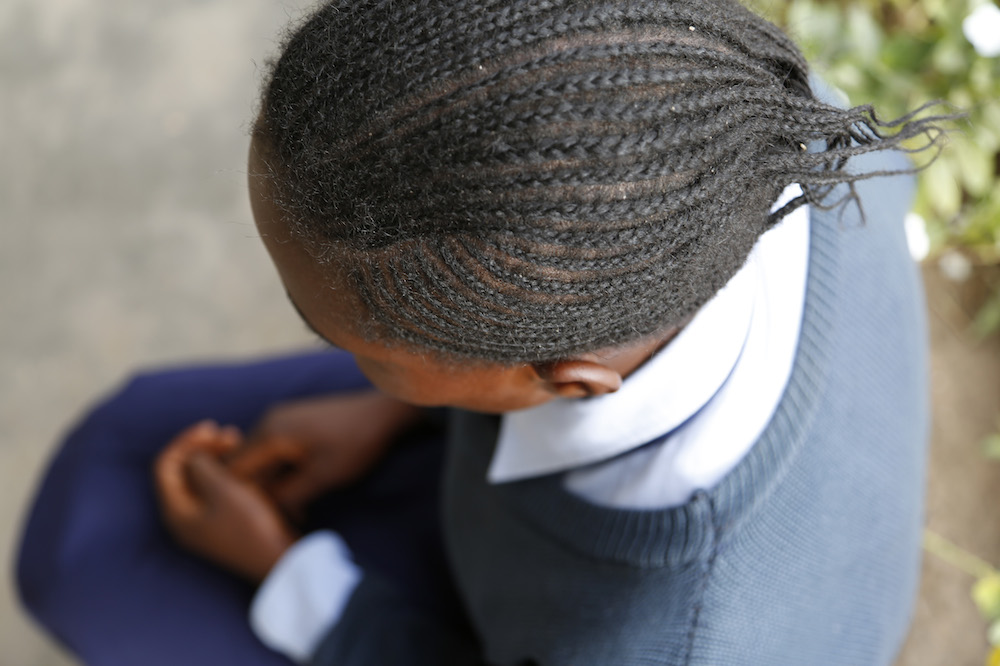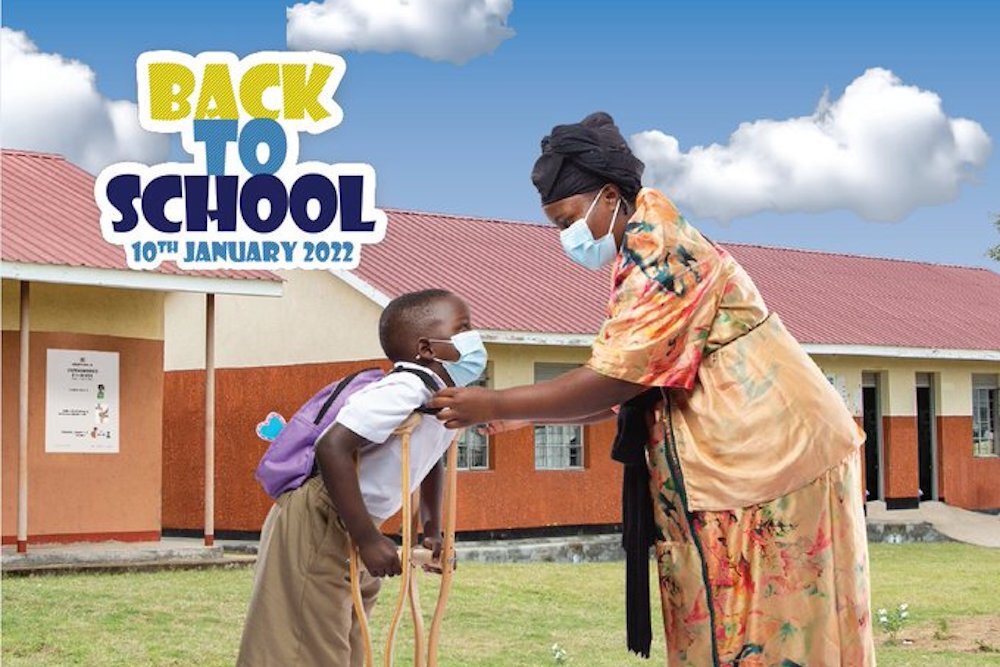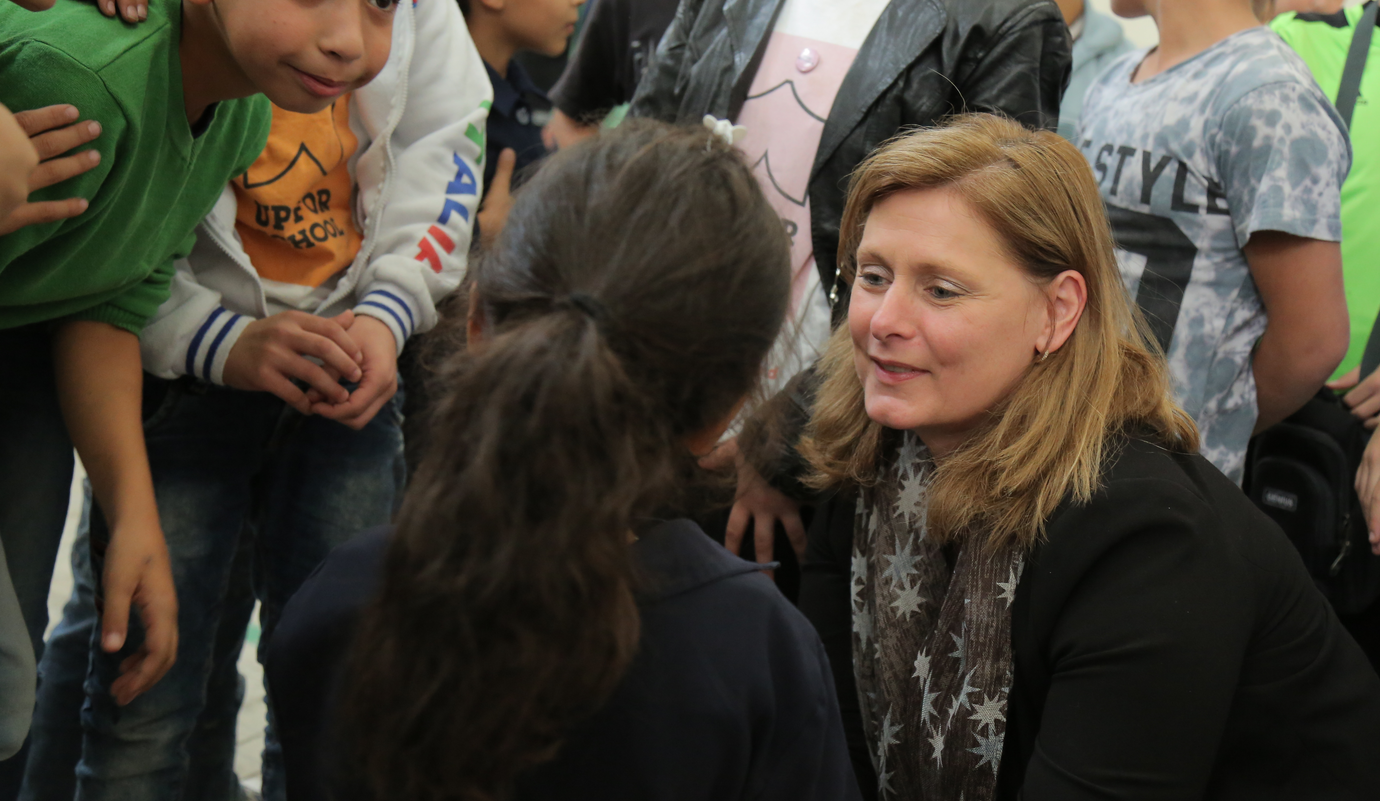
Growing Up Married: film shines light on child brides in Turkey
Child marriage
There is a high rate of child marriages in Turkey, where 370,000 Syrian girl refugees are also out of school - a new film looks at the plight of child brides.
“He was around 40 and I was 15. All I wanted to do was to go out and play hopscotch with my friends. I used to dread night-times,” said the Turkish woman who asked not to be named.
At the age of just 15, she had been forced into marriage with a man nearly three times her age.
She then suffered years of abuse at the hands of a husband who was 40 when he took her as his child bride.
“He used to drag me to the bedroom and took pleasure out of pulling my hair,” she said. “I used to collect all my hair from the floor and pillows every morning. Then I started cutting my hair so that he couldn’t hurt me as much.”
There are more than 700 million women in the world who were married before their 18th birthday.
An average of 40,000 children and young women under the age of 18 are married every day – around 15 million each year. More than 60% of child brides in developing countries have no formal education.
In Turkey, around one in three marriages involve someone under 18 – according a 2015 report written by the Turkish Population and Health Research.
The future is bleak for hundreds of thousands of young Turkish girls at risk of early forced marriage – and also the 370,000 Syrian girl refugees living in Turkey who are out of school and who could face a similar fate.
The haunting stories of four Turkish women who were married off as children will be told for the first time in a documentary to be shown in London on October 30.
Filmed by Dr Eylem Atakav in the Turkish city of Izmir in 2015, Growing Up Married explores what happens following child marriages through the stories of four women.
Dr Atakav – a senior lecturer in film and television studies in University of East Anglia’s School of Art, Media and American Studies in the United Kingdom – had unprecedented access to the Turkish women’s stories.
She said: “It was July. I was in Izmir for the filming of Growing Up Married and I had spent the day interviewing two of my parents’ neighbours about their experiences.
“Then, at around 10 o’clock at night, there was a knock on the door. Three women from the neighbourhood came to ask if I was making a film about child brides and said that they wanted to talk about their experiences, too.
“I was surprised to find how invisible and silent – yet common – this experience was. It was a truly eye-opening moment that signalled the women’s urgent need to speak out and the importance of recording their experiences.”
One of the women featured in the documentary told Dr Atakav: “They put a wedding gown on me one night and took me to some place I had never seen before. I was sitting next to my aunt in the car. I asked her: ‘Auntie, where am I being taken to?’ She pinched my arm and said: ‘Stop talking! It is rude to talk!’ I [have] remained silent until this moment.”
Growing Up Married is Dr Atakav’s first film and will be shown at the Phoenix Cinema in East Finchley, London. The film will be followed by a question and answer session with Dr Atakav.
She has contributed to a House of Lords Commission report on Religion and Belief in British Public Life and is co-leading a project at the University of East Anglia on British Muslim values.
In Turkey, there has been a dramatic rise in the number of child marriages involving Syrian refugee girls – with 15% of all girls in the country now getting married before the age of 18.
The drastic situation was highlighted in a paper published by Theirworld, the children’s charity behind A World at School.
It said action is needed to improve access to education for all Syrian refugees and to overcome gender barriers that keep girls out of the classroom and make them vulnerable to being forced into marriage or work.
World leaders pledged in February to get all refugee Syrian girls in school this academic year.
Despite that promise, Theirworld warns the funding has not yet been fully delivered, leaving girls at risk and without hope for the future.
According to Human Rights Watch, child marriage is a fundamental violation of human rights and can have many harmful consequences.
Child brides face a higher risk of contracting HIV and are much more likely to experience domestic violence. Pregnancy remains among the leading causes of death for girls aged 15 to 19 worldwide.
According to the international consortium Girls Not Brides, child marriage was common in Syria before the outbreak of the civil war. But the conflict has increased the practice at an alarming rate.

More news

Five things you need to know this week about global education
